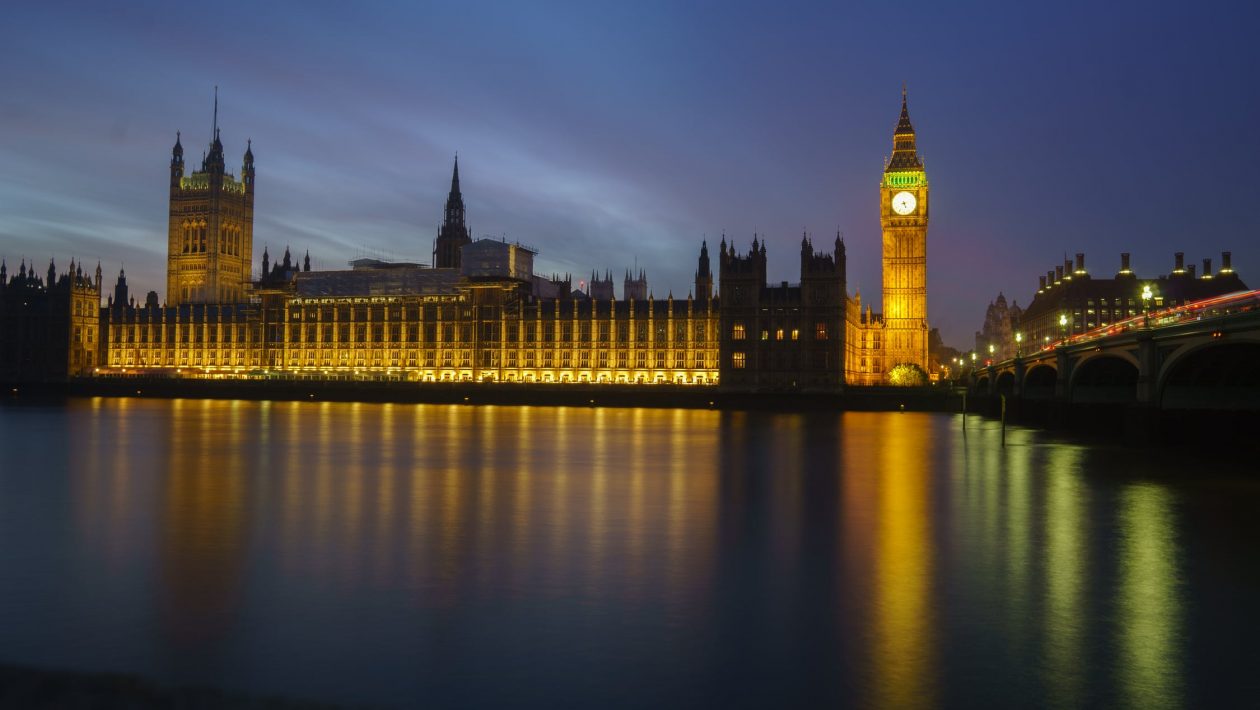The United Kingdom and Switzerland have signed a document according to which relations between countries are regulated after the United Kingdom’s withdrawal from the European Union. The Swiss government noted that the agreement between the countries “duplicates most of the trade agreements with the EU, which now define the relationship between Switzerland and the United Kingdom,” writes Fox News. See also: the UK has prepared a plan for the evacuation of Elizabeth II in case of unrest after Brexit.
The document was signed in Bern. It coordinates mainly economic issues between Britain and Switzerland, which, we recall, is not an EU member state. We are talking about free trade, public procurement, agriculture, anti-fraud.
Briefly about what is happening with Brexit now?
- On November 13, 2018, representatives of the UK and the EU agreed on a draft text of an agreement on the country’s withdrawal from the European Union. The next step was to be taken by the British government, and then the parliaments of both sides had to consider the document.
- On November 25, the leaders of the 27 EU member states supported the agreement on the withdrawal of Great Britain from the European Union.
On January 14, 2019, the House of Lords did not support the Brexit, and on January 15, the majority of deputies of the House of Commons said against it.
On January 16, the British Parliament voted against a vote of no confidence in the Conservative government headed by Teresa May. Three hundred six parliamentarians voted for the resignation of the government, and 325 against. The separation was only 19 votes (a similar vote was already on December 12, 2018.
About 40 members of the UK government have declared their readiness to resign if it is impossible to vote for a plan that provides for preventing Brexit without an agreement.
20 British ministers and members of the government met in secret in parliament to develop a plan that would not allow Brexit without an agreement. In particular, they discussed the postponement of the date of Brexit for eight weeks – until May 24. May, however, considers Brexit to be unacceptable. British Prime Minister Theresa May wanted to resume negotiations with the EU on an exit agreement to get support for the document in the British Parliament. In the European Union refused.
Theresa May is preparing to postpone the re-vote in Parliament on the Brexit terms of the agreement at the end of February, which will inevitably lead to the continuation of Article 50 of the Lisbon Treaty on the European Union, which establishes the rules and deadlines for secession from the EU. Why doesn’t the British government like the Brexit document agreed with the EU?
Everything is trivially simple – the conditions for leaving the EU are not the same as we would like. Although Teresa May herself loves them because it was she who negotiated about them. But neither the country’s parliament nor the government is delighted. Members of the latter even threaten with massive resignations. Former British Foreign Minister Boris Johnson called the rejection by the Parliament of an agreement on the conditions for a country’s withdrawal from the European Union a chance for Prime Minister Theresa May to agree on a better deal.
In particular, we are talking about a more extended period of payment of the “preferential duty” to the European Union for export and settlement of the issue of the border with the EU in Ireland. After the Brexit, the UK will also have financial commitments for 74 European institutions. Therefore, the question arose of leaving the EU without an agreement. This would mean that in concise period issues of export to the EU countries, the movement of finances, the crossing of the border with the European Union, the conditions of stay of British citizens and others would fall on the heads of the British
- So, May delivered a speech at Brexit in the House of Commons (lower house of parliament of Great Britain). As a result, the official did not submit any specific “plan B,” but made several statements regarding further discussions of this issue with the European Union.
- During her speech, the head of the British government, May, reiterated that the proposal for a second referendum was not gaining a majority in the House of Commons. According to her, the most realistic possibility of avoiding a “landslide” British exit from the EU at the end of March is to vote for an exit agreement agreed by its government and the EU. Besides, May considers it inappropriate to postpone the Brexit date from March 29, 2019, to a later date. As she stressed, this will not exclude the option of leaving Britain from the EU without an agreement, but will only postpone the problem.
In the end, the British parliament voted in favor of an amendment excluding Brexit without an agreement with Brussels. The parliamentarians also voted against the postponement of the UK exit date from March 29 to the end of 2019. At the same time, Mrs. Ryszard Charnetsky, MEP from the Polish Law and Justice Party, said that he had reliable information about Brexit. So, according to him, the United Kingdom will not leave the European Union on March 29, 2019, as planned earlier. It will probably happen in almost a year – January 1, 2020.







